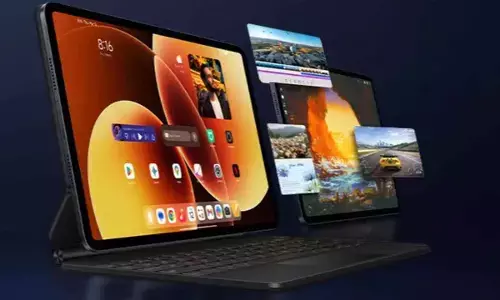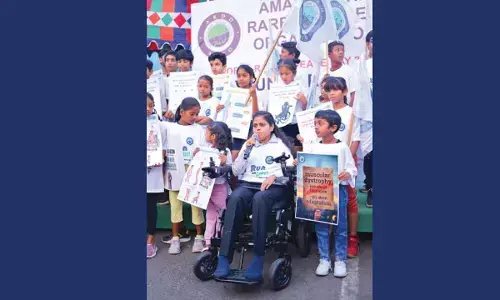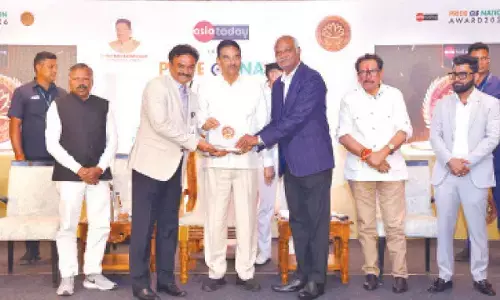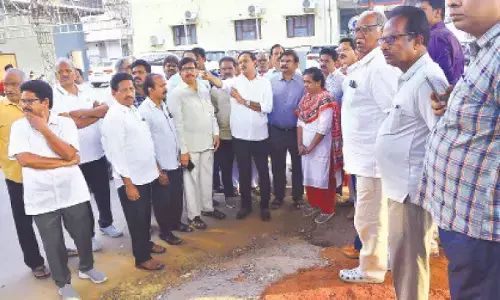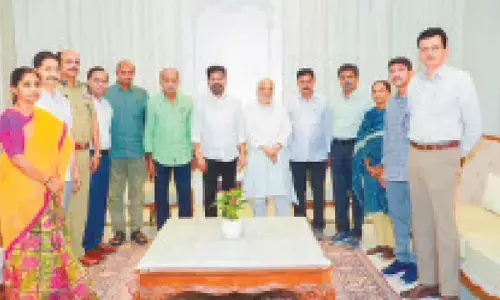India still long way to go in eye care, say experts
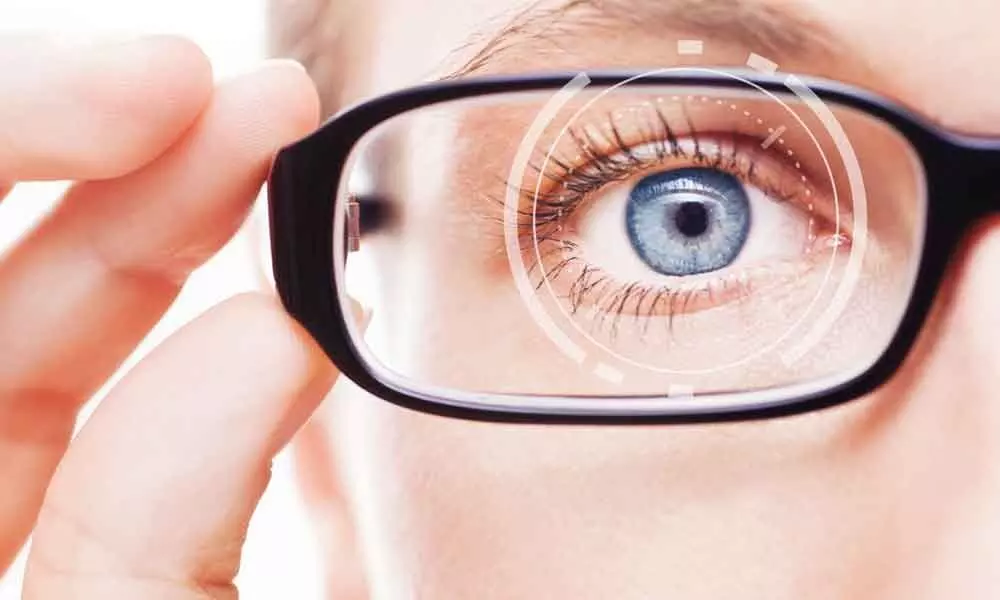
India still long way to go in eye care, say experts
The Associated Chambers of Commerce and Industry of India (ASSOCHAM) concluded the ninth edition of the ‘Illness to Wellness’ series themed webinar on ‘Eye Health Care and Online Practices During COVID-19’
Bengaluru: The Associated Chambers of Commerce and Industry of India (ASSOCHAM) concluded the ninth edition of the 'Illness to Wellness' series themed webinar on 'Eye Health Care and Online Practices During COVID-19'.
The webinar saw panelists speak at length on how India has taken great strides in raising awareness about eye care health across the country through eye-check up camps over the years and have been able to educate the population about curable eye conditions such as cataract, refractive surgery, diabetes retinography and others. However, the country still has a long way to go.
Padma Shri Dr Mahipal Singh Sachdev, Chairman & Medical Director, Centre for Sight and president of All India Ophthalmological Society said, "If we look at penetration of mobile phone, it is over a billion which means almost everyone in the country owns a mobile phone. However, around 25%-35% of the population needs simple glasses for vision and only about 50% of them actually wear.
This is a disconnect created due to lack of awareness. It should be well established that after a child is born, after it is one year old and for every year it is in school, it should undergo eye checkups and wear glasses if needed.
If you do not wear glasses for refractive error correction it can affect your performance in school and college. Awareness needs to be increased as it is only in India that the largest cause of blindness is cataract, a completely reversible disease."
Shedding light on India's advancement in ophthalmology, he further added that India currently conducts more cataract operations than the US, Europe and China combined, and they do so at a fraction of the cost charged globally. This advancement is also leading to a reverse brain drain where doctors are coming to India to train in ophthalmology.
Padma Shri Dr. RV Ramani, Founder and Managing Trustee of Sankara Eye Foundation adding to the discussion said, "The awareness has picked up in comparison to what it was 20-30 years back especially in rural India.
Though urban people had awareness they were not aware of specific conditions like glaucoma and diabetes retinopathy. People need to know that these conditions when checked early and treated appropriately can be effectively resolved."
He further cautioned that Covid-19 should not be a reason for patients to postpone their checkups and eye surgeries as eye hospitals are taking all precautions to keep patients and caregivers safe. He emphasized that patients should not delay checkups for glass correction, routine glaucoma checkup, cataract, and others in fear of entering hospitals as it can adversely affect their conditions.
Commenting on the phenomenon of increased screen time, Dr Saurabh Choudhry, CEO & HOD, ICARE Eye Hospital & PG Institute said, "Computer Vision Syndrome is a new type of disease that has started to take shape as more and more people started working in front of computers and felt symptoms like redness, irritation, difficulty in focusing and others.
For professionals we suggest that you take a break every 20 minutes for about 20 seconds and look at something 20 feet away. This will relax the muscles and then they can start working again. You can also opt for automated methods where the screen goes dark every 20 minutes and you are forced to take a little break.
This will enhance blood circulation to the eyes, neck and back so everything is taken care of by following the 20-20-20 rule. Other factors like lighting of the room, position of the body, quality of the computer screen and others also need to be taken care of."
Anil Rajput, Chairman, ASSOCHAM CSR Council added to the discussion by speaking on best practices to keep our eyes protected said, "It is extremely important that we avoid touching the mucous membrane of our mouth, nose and eyes as any contamination on the surface of any object can easily pass on the virus through this mode.
It has also been suggested that glasses provide a shield by protecting the eyes from any droplets that can enter through the eye."


